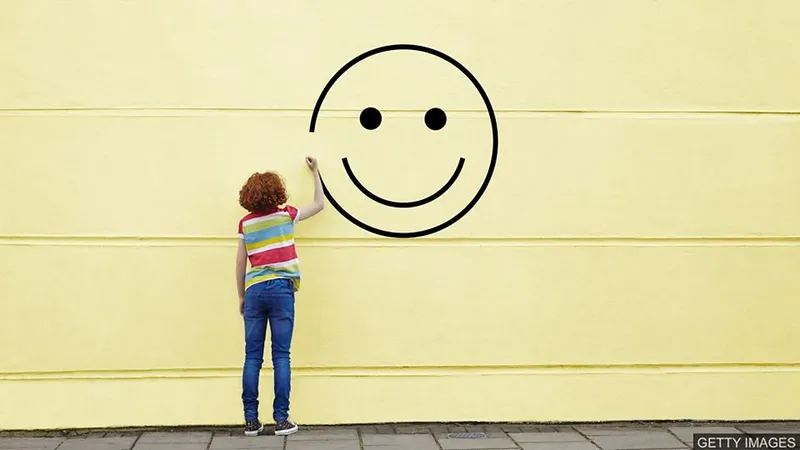Feifei Hello and welcome to The English We Speak with me, Feifei…
Rob And me, Rob. How are you, Feifei?
Feifei Err, very good, Rob. Thank you for asking. And how are you?
Rob Very happy, Feifei! Haven’t you heard? We’ve been given the day off tomorrow.
Feifei Oh, nobody told me! Well, that’s good news – happy days!
Rob No, just one day, Feifei – one happy day.
Feifei I know – it’s just an expression. When we say happy days we are responding to some information that is good to hear. In short, it can mean ‘good times’! So, I’m saying it’s great news about the extra day off – although I still don’t know why I haven’t heard about it.
Rob Well, don’t worry about it! But I can say happy days because the weather’s going to be great tomorrow, so I’m off to the beach.
Feifei OK, Rob. Enjoy! Let’s hear some other examples of happy days …
Examples A: Have you heard? Everyone in the team is getting a bonus.
B: Happy days!
Happy days – the school holidays are here!
A: We’ve saved enough money to go on holiday!
B: Happy days!
Feifei You’re listening to The English We Speak from BBC Learning English, and we’re hearing about the expression happy days, which we use informally to respond to good or happy news. And happy days – we have a day off tomorrow…
Rob Yep, and I’m off to the beach.
Feifei But, Rob… are you sure we have a day off tomorrow?
Rob Yeah, it says so in this email – look!
Feifei Oh, you’ve got the wrong date – it’s not tomorrow, it’s next month.
Rob Oh!
Feifei It looks like we’ll have to come to work tomorrow after all. But look on the bright side – you’ll have a whole day working with me!
Rob
Happy days!
Feifei See you then.
Rob Bye bye.
